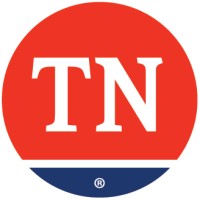Description
SummaryA command injection vulnerability (CWE-78) has been found to exist in the `wrangler pages deploy` command. The issue occurs because the `--commit-hash` parameter is passed directly to a shell command without proper validation or sanitization, allowing an attacker with control of `--commit-hash` to execute arbitrary commands on the system running Wrangler. Root causeThe commitHash variable, derived from user input via the --commit-hash CLI argument, is interpolated directly into a shell command using template literals (e.g., execSync(`git show -s --format=%B ${commitHash}`)). Shell metacharacters are interpreted by the shell, enabling command execution. ImpactThis vulnerability is generally hard to exploit, as it requires --commit-hash to be attacker controlled. The vulnerability primarily affects CI/CD environments where `wrangler pages deploy` is used in automated pipelines and the --commit-hash parameter is populated from external, potentially untrusted sources. An attacker could exploit this to: * Run any shell command. * Exfiltrate environment variables. * Compromise the CI runner to install backdoors or modify build artifacts. Credits Disclosed responsibly by kny4hacker. Mitigation * Wrangler v4 users are requested to upgrade to Wrangler v4.59.1 or higher. * Wrangler v3 users are requested to upgrade to Wrangler v3.114.17 or higher. * Users on Wrangler v2 (EOL) should upgrade to a supported major version.
Risk Information
cvss4
Base: 7.7
Severity: LOW
CVSS:4.0/AV:N/AC:L/AT:P/PR:L/UI:N/VC:H/VI:H/VA:H/SC:L/SI:L/SA:N/E:X/CR:X/IR:X/AR:X/MAV:X/MAC:X/MAT:X/MPR:X/MUI:X/MVC:X/MVI:X/MVA:X/MSC:X/MSI:X/MSA:X/S:X/AU:X/R:X/V:X/RE:X/U:X







